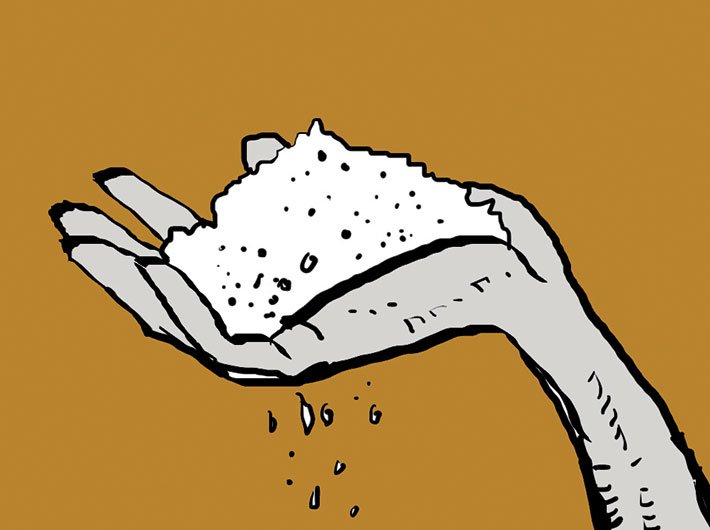Budget constraints limit access to nutrient-rich foods for many families, who are unaware or unable to afford a nutritious diet, said a World Bank expert
GN Bureau | October 27, 2017

The Indian Railways is celebrating 171 glorious years of its existence. Going back in time, the first train in India (and Asia) ran between Mumbai and Thane on April 16, 1853. It was flagged off from Boribunder (where CSMT stands today). As the years passed, the Great Indian Peninsula Railway which ran the
7 Chakras of Management: Wisdom from Indic Scriptures By Ashutosh Garg Rupa Publications, 282 pages, Rs 595
In a path-breaking initiative, the Election Commission of India (ECI), for the first time in a Lok Sabha Election, has provided the facility of home voting for the elderly and Persons with Disabilities in the 2024 Lok Sabha elections. Voters above 85 years of age and Persons with Disabilities (PwDs) with 4
Reason to Be Happy: Why logical thinking is the key to a better life By Kaushik Basu Torva/Transworld, 224 pages
Nano Diammonium Phosphate, or Nano-DAP, is a revolutionary agricultural input that holds immense potential for transforming farming practices across varied agro-climatic zones in India. This innovative product is a nanoparticle-based formulation of diammonium phosphate, a widely used fertilizer in the agri
In February this year, yet another glass ceiling was broken, when Captain Shweta Singh became the first woman chief flight operations inspector (CFOI) at the Directorate General of Civil Aviation. Back then, in a social media post, Captain Singh had written: “The opportunity humbles me